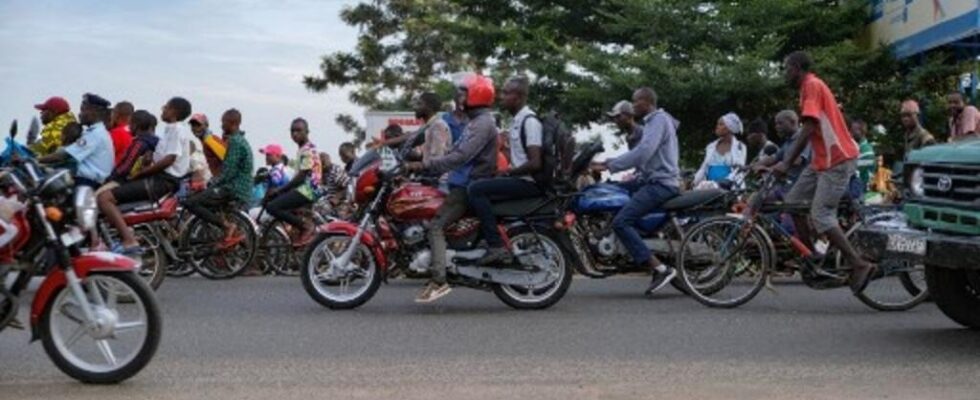Burundi, one of the three poorest countries in the world, is going through a serious socio-economic crisis characterized in particular by a severe shortage of petroleum products, gasoline and diesel, for two months. This is what led to the headline, Friday June 14, in the country’s last independent newspaper, Iwacu, “Burundi, a country on its knees”.
2 mins
RFI was able to collect testimonies at the Ngozi bus station, in the north of the country. Drivers and passengers deplore the consequences on the transport of people.
It is around 10:00 a.m. and the Ngozi bus station is almost empty. Most buses are at a standstill due to lack of fuel, as explained by a driver who was able to obtain fuel on the black market.
“I’ve been driving passengers for 25 years, but this is the first time I’ve experienced such a shortage, I swear! Before, it was easy, there was gasoline at the stations and you could fill up whenever you wanted, for cheap! We ask that the situation return to the way it was before. We’re going to starve! »
He paid four times the official price for his gasoline, he assures, and transport prices have exploded, as this passenger who wants to go to Bujumbura explains: “ What is happening today is beyond the comprehension of anyone in Burundi! Being forced to pay 40,000 francs for a trip that usually costs 15,000… The authorities must do everything in their power to ensure that gasoline is available as before because it has become unlivable. All these cars you see here have to go to Nzaza, Tanzania, to get their supplies.”
And a sign that no one is spared, MP Athanase Hatungimana asked, last week, that the plenary which was in progress be shortened, so that MPs could return early due to the shortage of gasoline: “ I would like to ask my brother deputies not to continue to bother the president of the Court of Auditors with their questions. We must ask them tomorrow to the Minister of Finance, because he is the one who has the answers. But above all, know that there are some who have to return on foot. Let us leave early. »
The next day, the Burundian Minister of Finance admitted that he had no solution for the moment because the government “ look for » still the foreign currency needed to import the fuel the country needs.
It’s not just the fuel; these are all products that require foreign exchange, more particularly the dollar, such as medicines and imported raw materials […/…] Currently, we need urgent solutions, because we risk Burundi falling into bankruptcy. It is a crisis that is pushing the country into despair.
Gabriel Rufyiri, president of the Observatory for the fight against corruption and economic embezzlement (Olucome)
